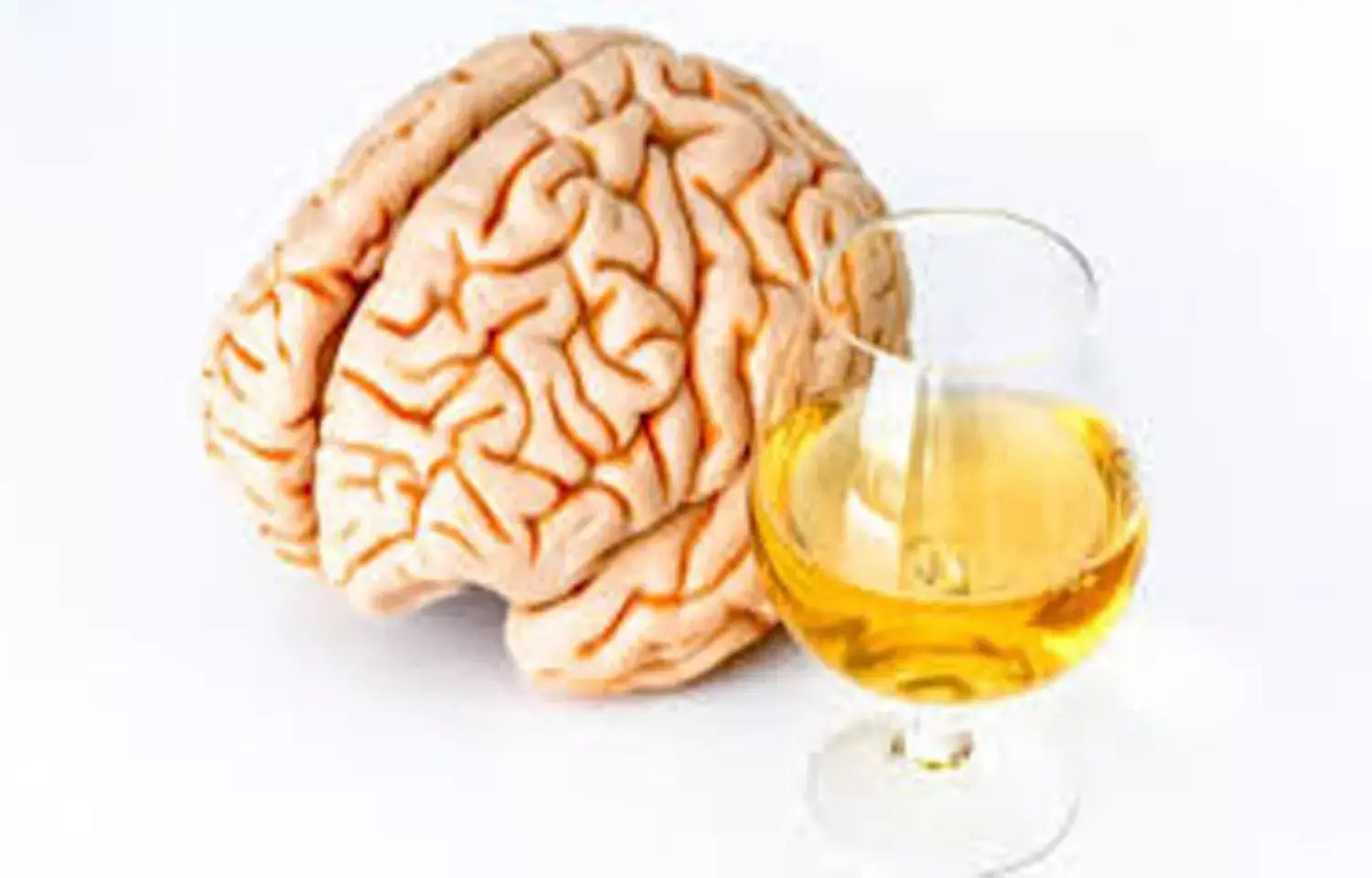- Home
- Medical news & Guidelines
- Anesthesiology
- Cardiology and CTVS
- Critical Care
- Dentistry
- Dermatology
- Diabetes and Endocrinology
- ENT
- Gastroenterology
- Medicine
- Nephrology
- Neurology
- Obstretics-Gynaecology
- Oncology
- Ophthalmology
- Orthopaedics
- Pediatrics-Neonatology
- Psychiatry
- Pulmonology
- Radiology
- Surgery
- Urology
- Laboratory Medicine
- Diet
- Nursing
- Paramedical
- Physiotherapy
- Health news
- Fact Check
- Bone Health Fact Check
- Brain Health Fact Check
- Cancer Related Fact Check
- Child Care Fact Check
- Dental and oral health fact check
- Diabetes and metabolic health fact check
- Diet and Nutrition Fact Check
- Eye and ENT Care Fact Check
- Fitness fact check
- Gut health fact check
- Heart health fact check
- Kidney health fact check
- Medical education fact check
- Men's health fact check
- Respiratory fact check
- Skin and hair care fact check
- Vaccine and Immunization fact check
- Women's health fact check
- AYUSH
- State News
- Andaman and Nicobar Islands
- Andhra Pradesh
- Arunachal Pradesh
- Assam
- Bihar
- Chandigarh
- Chattisgarh
- Dadra and Nagar Haveli
- Daman and Diu
- Delhi
- Goa
- Gujarat
- Haryana
- Himachal Pradesh
- Jammu & Kashmir
- Jharkhand
- Karnataka
- Kerala
- Ladakh
- Lakshadweep
- Madhya Pradesh
- Maharashtra
- Manipur
- Meghalaya
- Mizoram
- Nagaland
- Odisha
- Puducherry
- Punjab
- Rajasthan
- Sikkim
- Tamil Nadu
- Telangana
- Tripura
- Uttar Pradesh
- Uttrakhand
- West Bengal
- Medical Education
- Industry
Moderate to high consumption of alcohol elevates risk of acute stroke: INTERSTROKE STUDY

IRELAND: Researchers at University of Galway have found in a new global study that High and moderate alcohol use were linked to an increased risk of stroke.Additionally, the study showed no connection between low level drinking and stroke.
The study has been published in the journal Neurology
The significant cause of mortality and disability worldwide is stroke. Around 2,000 of the 7,500 Irish persons who suffer a stroke each year pass away. According to estimates, 30,000 persons in Ireland are affected by stroke-related disability. The link between alcohol consumption and stroke is unclear, especially among low- to moderate-intake drinkers. These relationships were thoroughly investigated in this study across 27 different nations.
"In order to inform strategies for population-level prevention, the INTERSTROKE study was commissioned to examine the major risk factors for stroke in various areas of the world. We focused on the relationship between alcohol use and stroke risk in this study, "The group, led by Professor Martin O'Donnell, mentioned.
For this purpose, the INTERSTROKE, the largest international case-control study of risk factors for acute stroke, was carried out. Alcohol use was self-reported and classified as low (1–7), moderate (7–14 for females, 7–21 for males), or high (>14 for females, >21 for males) based on the number of drinks consumed per week. Over five drinks on one or fewer days per month was considered heavy episodic drinking (HED). To identify associations, multivariable conditional logistic regression was employed. 12,913 cases and 12,935 controls were included; 25.0% (or 6,449) of the former, 16.7% (or 4,318) of the present, and 58.3% (or 15,076) of the never drinkers were alcohol consumers. Younger, male, smokers, active, and working in higher-paying professions made up the current drinking population.
Conclusive points of the INTERSTROKE study:
- Current drinking was not linked with ischaemic stroke (OR 1.06; 95% CI 0.95-1.19), but it was correlated with total stroke (OR 1.14; 95% CI 1.04-1.26) and intracerebral hemorrhage (ICH) (OR 1.50, 95% CI 1.21-1.84).
- All stroke (OR 1.39; 95% CI 1.21-1.59), ischemic stroke (OR 1.29; 95% CI 1.10-1.51), and ICH (OR 1.76; 95% CI 1.31-2.36) were all related with the HED pattern.
- All types of stroke, ischemic stroke, and ICH were all consistently related with high levels of alcohol consumption.
- All stroke and ICH were linked to moderate intake, while ischemic stroke was not.
- Although overall low alcohol consumption was not linked to stroke, there were geographical variations; low consumption was linked to lower odds of stroke in Western Europe/North America (OR 0.66; 95% CI 0.45-0.96) and higher odds in India (OR 2.18; 95% CI 1.42-3.36) (p-interaction 0.037).
- Consuming wine did not increase the risk of ICH but did lessen the likelihood of both types of strokes.
- Those who did not have hypertension and current smokers experienced the largest associations.
"There are variations in alcohol consumption by gender, age, social class, education level, and occupation around the world, as well as variations in the kind of alcohol consumed and drinking habits," the authors noted.
The researchers concluded that, because men in these areas are more inclined to binge drink, focused measures to limit high consumption at the population level may therefore help lower the risk of stroke.
REFERENCE
Andrew Smyth, Martin O'Donnell, Sumathy Rangarajan, Graeme J. Hankey, Shahram Oveisgharan, Michelle Canavan, Clodagh McDermott, Denis Xavier, Hongye Zhang, Albertino Damasceno, Alvaro Avezum, Nana Pogosova, Aytekin Oguz, Danuta Ryglewicz, Helle Klingenberg Iversen, Fernando Lanas, Annika Rosengren, Salim Yusuf, Peter Langhorne. Alcohol Intake as a Risk Factor for Acute Stroke: The INTERSTROKE Study. Neurology, 2022; 10.1212/WNL.0000000000201388 DOI: 10.1212/WNL.0000000000201388
Dr Kamal Kant Kohli-MBBS, DTCD- a chest specialist with more than 30 years of practice and a flair for writing clinical articles, Dr Kamal Kant Kohli joined Medical Dialogues as a Chief Editor of Medical News. Besides writing articles, as an editor, he proofreads and verifies all the medical content published on Medical Dialogues including those coming from journals, studies,medical conferences,guidelines etc. Email: drkohli@medicaldialogues.in. Contact no. 011-43720751


